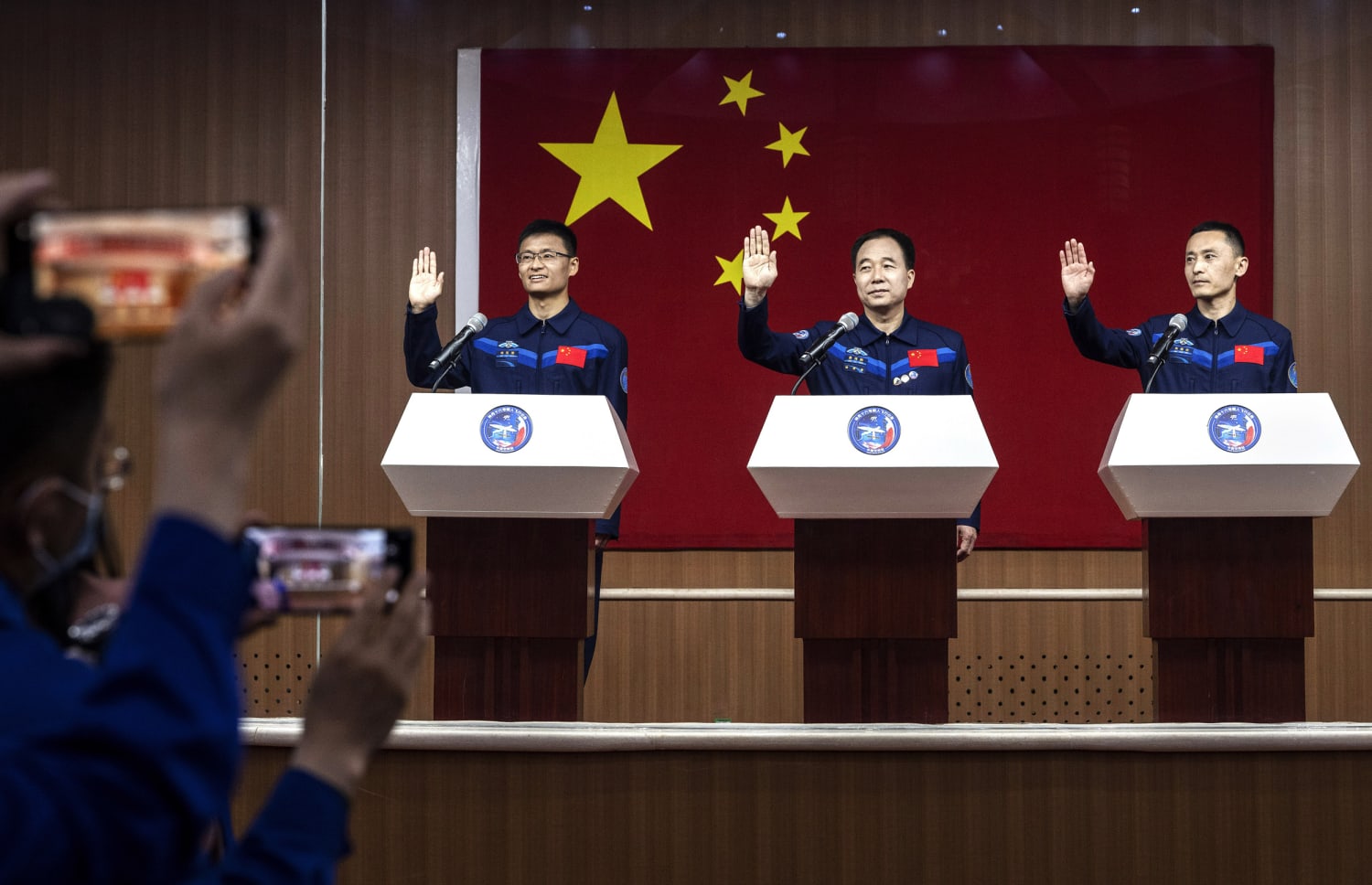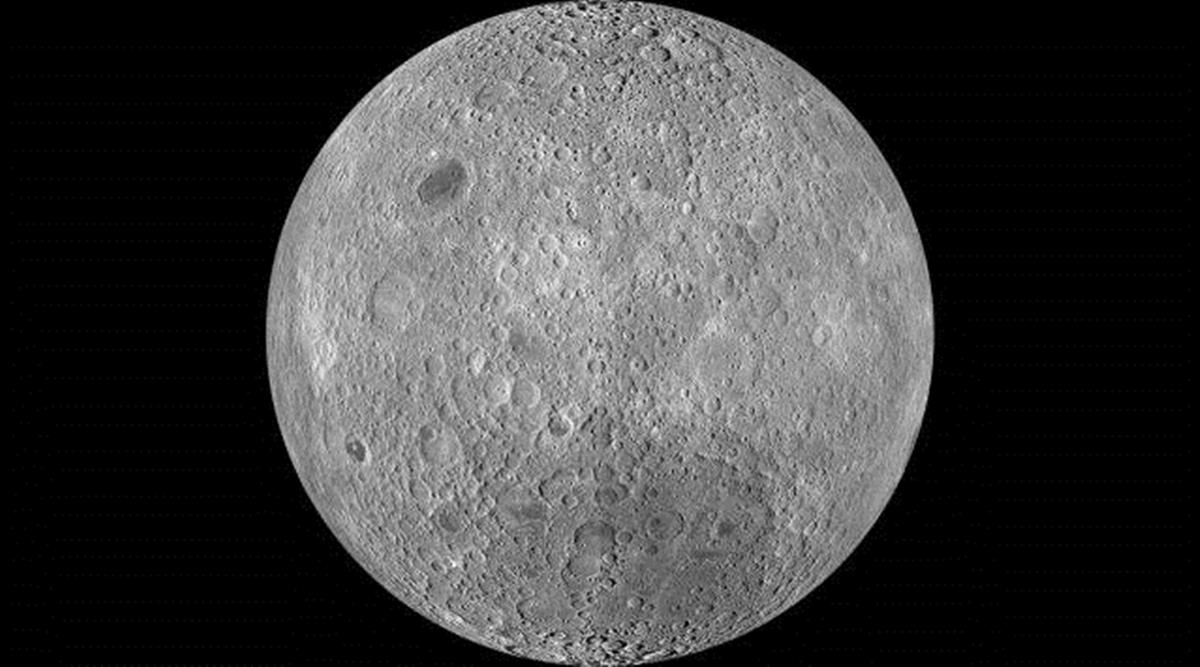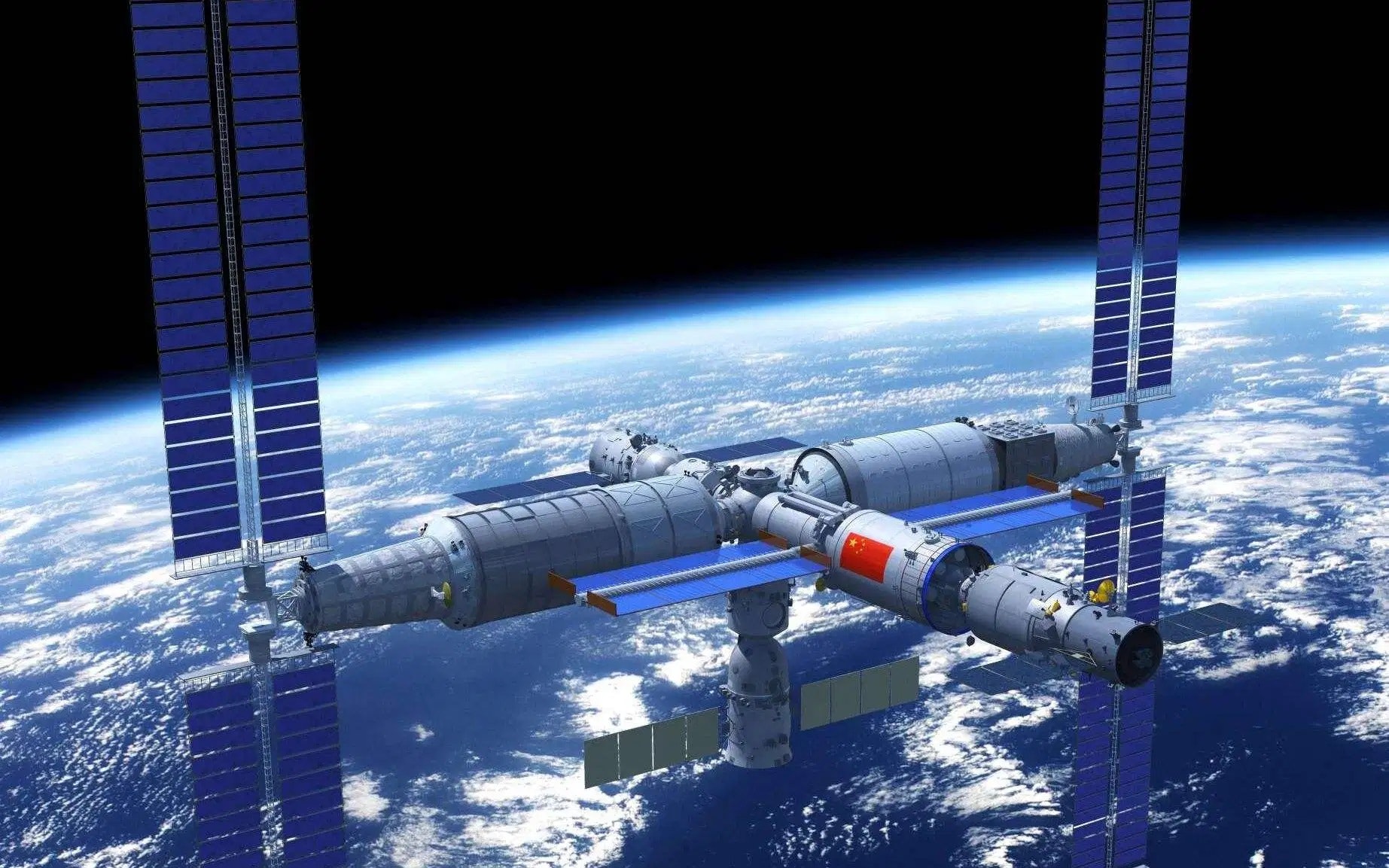In what is widely perceived as a new space competition pitting the Asian autocrat against the United States and its democratic allies, China intends to send astronauts to the moon by 2030. By the end of 2025, the United States hopes to return humans to the lunar surface. At a press conference on Monday, Lin Xiqiang, deputy director of the Chinese Manned Space Agency, reiterated China's objective but did not provide a particular deadline. First up on China's agenda is a "short stay on the lunar surface and human-robotic joint exploration," Lin continued.
According to him, "We have a complete near-Earth human space station and human round-trip transportation system," in addition to a procedure for choosing, supporting, and training new astronauts. Two crewed trips each year are "sufficient for carrying out our objectives," according to Lin. The station will be enlarged, according to China's space agency, which also unveiled the new crew who will be arriving at its orbiting space station in a launch set for Tuesday. When the third component was attached in November, it was declared that the Tiangong space station was complete. To expand support for scientific research and give the crew better living and working circumstances, the fourth module will be installed "at an appropriate time," Lin said.

During their brief time together, the three astronauts who will be entering orbit on the Shenzhou 16 craft and the three who have been residing on the space station for the previous six months will conduct experiments and set up equipment both inside and outside the spacecraft. The new squad includes a civilian for the first time. The preceding crew members were all members of the People's Liberation Army, the nation's dominant Communist Party's armed forces. Along with mission commander Jing Haipeng and spacecraft engineer Zhu Yangzhu, the project's payload specialist will be Gui Haichao, a professor at Beijing's premier aerospace research facility.

At the launch site in Jiuquan in the northwest, Jing spoke to the media and declared that the mission represented "a new stage of application and development" in China's space program. Jing, a major general who has been to space three times, said, "We firmly believe that the spring of China's space science has arrived, and we have the determination, confidence, and ability to resolutely complete the mission."
China sent a human into space for the first time in 2003, joining the United States and the former Soviet Union as the third nation to do so.
China built its own space station after being denied access to the International Space Station, partly due to American worries about China's close ties to the PLA in its space programs.

As the two biggest economies in the world and rivals for political and military dominance, there is a broad impression that China and the United States are entering a new theatre of conflict. By the end of 2025, NASA wants to send people to the moon with a focus on the south pole, where perpetually shadowed craters are supposed to be overflowing with ice-cold water. Both nations are looking at the possibility of establishing permanent crewed bases on the moon, which raises questions regarding rights and interests there. China presently only allows international cooperation for scientific research, despite its claims to the contrary. U.S. legislation prevents the space projects of the two nations from openly cooperating.
In addition to their lunar programs, the United States and China have already successfully landed rovers on Mars, and Beijing intends to do the same with an asteroid as Washington. Lunar expeditions are also being planned by other countries and organizations, such as the European Union, Israel, the United Arab Emirates, and India. Three of the six crewed missions the United States made to the moon between 1969 and 1972 used a drivable lunar rover that China claims it is now building through private sector contracts. China's space program has advanced steadily and cautiously, reflecting the country's enormous growth in economic strength and worldwide influence since the 1980s, even though America now runs more spaceports and has a far bigger network of international and commercial partners than China.
© Copyright 2023. All Rights Reserved Powered by Vygr Media.
























